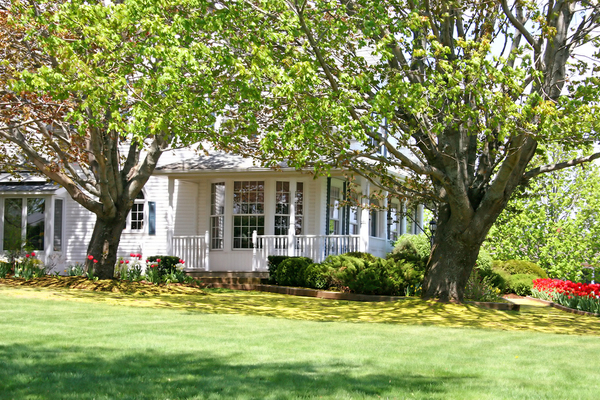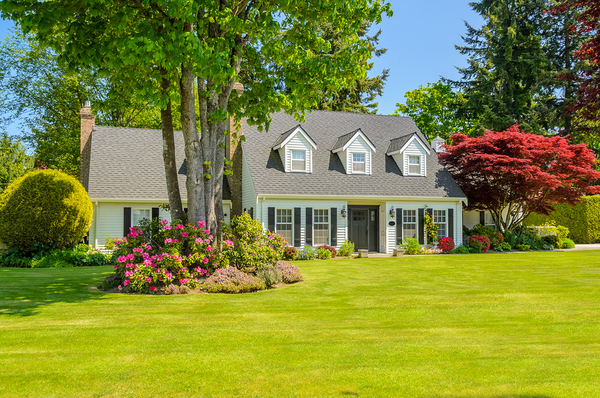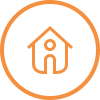Does Buying a Starter Home Still Make Sense?
 Does it make sense to buy a smaller home and move up?
Does it make sense to buy a smaller home and move up?Do you want to move up in the world? Buying a starter home was once the first step in a series of moves that would culminate in a larger permanent home. Does that element of the American Dream still ring true today? Buying a starter home has its pros and cons; you need to decide whether it's the best choice for your family.
The Traditional Starter Home
If housing prices were always stable and rental and purchase costs per month were similar, then you could choose to either save up for a large home over time or you could purchase a smaller home and save a little money every month so that you could eventually move into that larger home.
However, today's home buyers live in a world where rental and purchase costs vary. If you're thinking about a starter home, you need to consider your costs. If you rent, then you're paying for rent and utilities. If rental prices are high in your area compared to home prices, then choosing a starter home may make sense. If you buy, you're paying for your mortgage, taxes, condo fees if you're in a condominium, and maintenance if you're in a detached house. According to Forbes, home buyers often forget about "these extra costs (that) may not be that easy to calculate. If you are moving to the ‘burbs, for instance, you now may need one or two cars." What costs more? Is it renting or buying?
What is the Housing Market Doing?
Of course, the housing and rental market does change, and it can change quickly. Your decision about real estate depends on what the real estate market is doing in your area. It also depends on your future plans. If the real estate market is rising rapidly and your research tells you that the home you've purchased will rise with it, a starter home could give you the equity you need to move into a larger home in the future.
What Are Interest Rates Like Right Now?
The interest rate is another variable that impacts your housing choices. If the interest rate is very low, this could be an opportunity for you to purchase a home and pay less for your mortgage than you're paying in rent right now. Even if rates go up a little, you will have reaped the benefits of that low rate for a few years, as long as your rate is locked in. That can go a long way to paying off your starter home, and you can save the extra funds for a future home purchase.
Is Your Starter Home Easy to Sell?
As you buy your starter home, do so with an eye to the future. Do you plan to resell? If you buy a starter home that you find you cannot later sell or rent when you are ready to move on, buying the home might not have been the best option.
Look at whether the area is gentrifying or becoming popular. Will this home be a place to live now, or is it also an investment that will increase over time, making it easier to purchase a larger home? Some starter homes may not be easy to sell when it comes time to do so, while others could sell for a lot more than the purchase price, catapulting you into a larger home.
 Will your buying power change as you wait to purchase your next home?
Will your buying power change as you wait to purchase your next home?Can You Turn Your Starter Home Into a Promising Future?
Do you think that you might live in your starter home in the future? Starter homes can be small fixer-uppers. They may require a lot of sweat equity or a lot of actual funds to turn that home into a place that's livable or easily to resell.
They may also be small. If you buy a small home, you may not be able to make it fit your growing family, but you could decide to add on or live small, making it work for your family.
A starter home could simply be in an area that's not as popular. In that case, if you enjoy the home and the area, you could consider staying there permanently. If you choose to buy a starter home, recognize that by choice or by chance, you may need to stay there longer than you originally planned. Make sure that this will work for your family.
Are you considering a move? Whether you're buying your first home or downsizing, Open for Homes can help you make the decision that's right for you. Take a look at the blog at Open For Homes and see how we can help guide your next home purchase.

